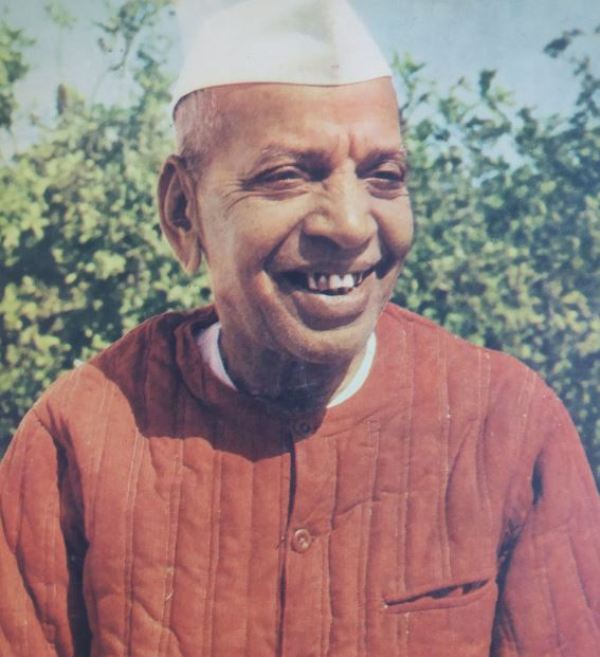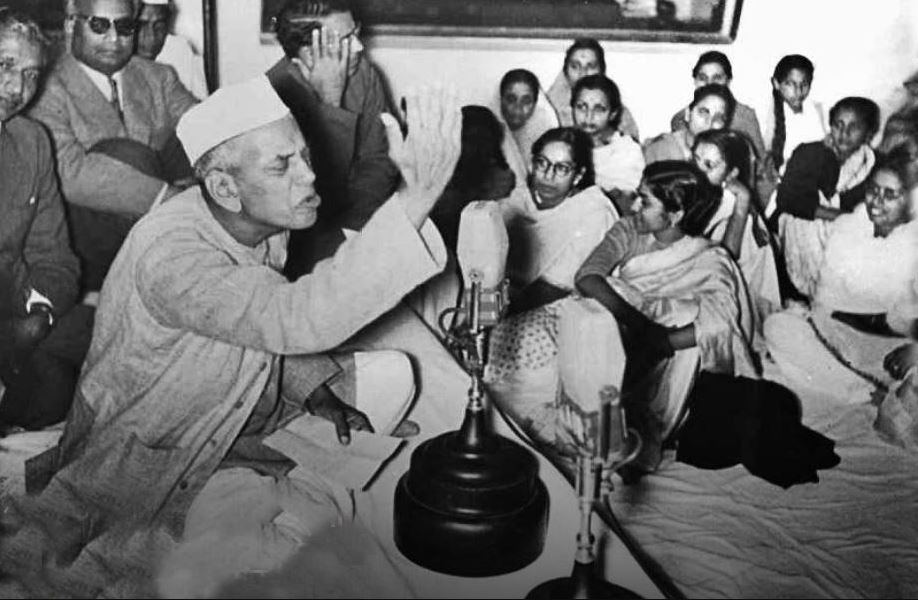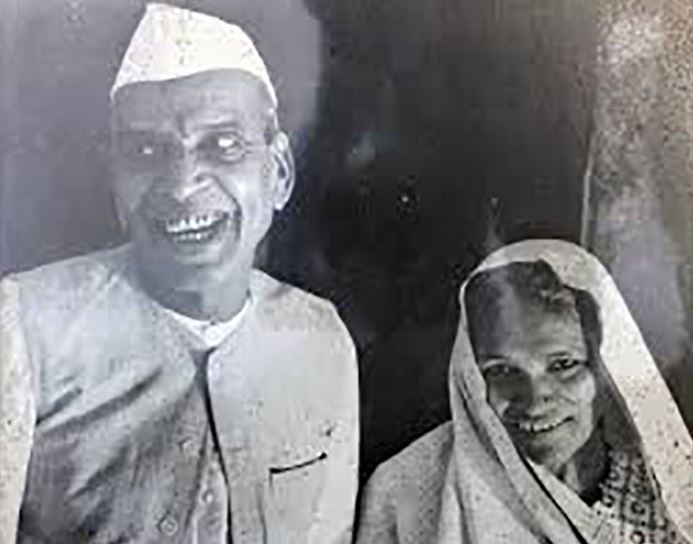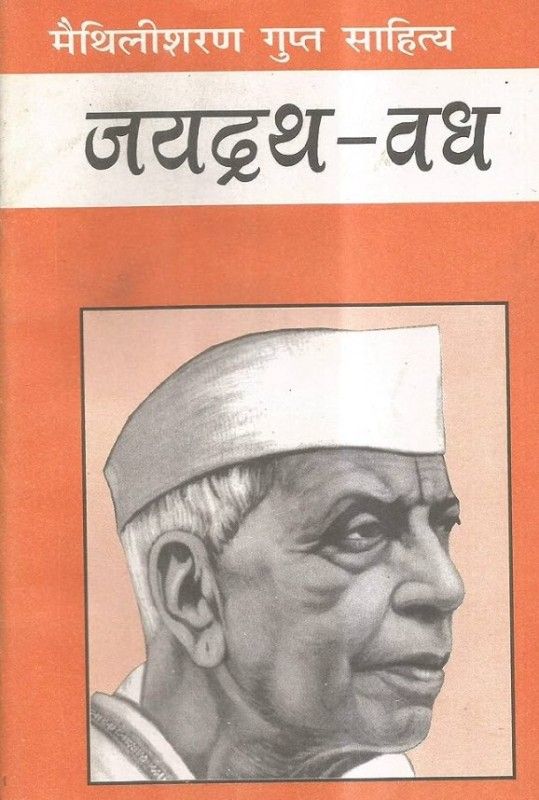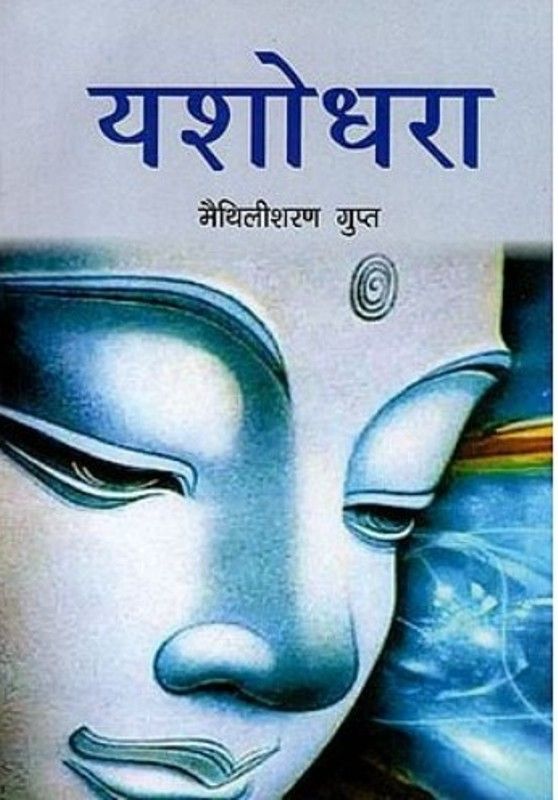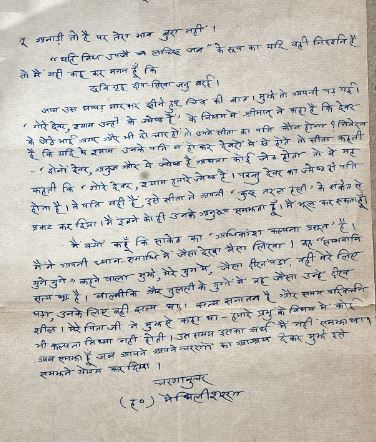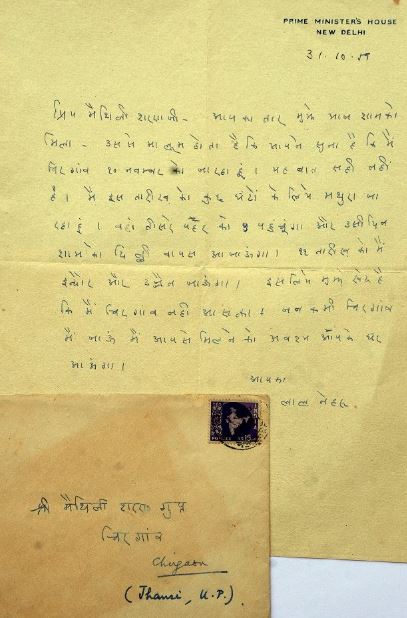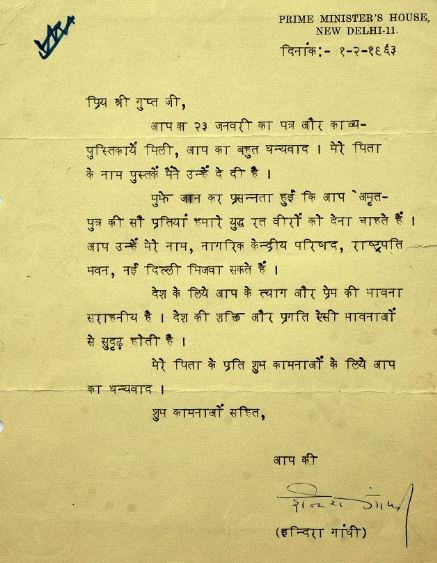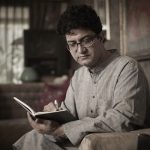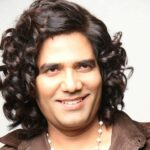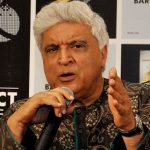Maithili Sharan Gupt Age, Death, Caste, Wife, Children, Family, Biography & More
Quick Info→
Hometown: Jhansi
Age: 78 Years
Death Date: 12/12/1964
| Bio/Wiki | |
|---|---|
| Birth name | Mithiladhip Nandansharan Gupt |
| Real name/Other name | • Maithili Saran Gupt • Maithisharan Gupta [1]MHA |
| Nickname | Dadda [2]Dainik Bhaskar |
| Profession | Poet |
| Famous for | Declared Rashtra Kavi (National Poet) by M. K. Gandhi |
| Physical Stats & More | |
| Eye Colour | Salt and pepper |
| Hair Colour | Black |
| Career | |
| Debut poem collection | Rang mein Bhang |
| Awards, Honours, Achievements | • Rs 500 cash prize by Hindustan Academy, Allahabad • Declared National Poet (Rashtra Kavi) in 1936 • Sudhakar Medal by Nagari Pracharini Sabha, Varanasi in 1941 • Award by Lucknow University in 1942 • Honoured by Gupt Committee in Calcutta (now - Kolkata) in 1945 • Sahitya Vachaspati by Hindi Literary Association in Karachi in 1946 • Honorary D.Litt. (Doctor of Literature) by Agra University in 1948 • Honoured by Rashtra Bhasha Parishad in 1951 • Appointed as Honorary Professor at Banaras Hindu University (BHU) in 1954 • Padma Bhushan in 1954 • Honorary D.Litt. (Doctor of Literature) by Banaras Hindu University (BHU) in 1960 |
| Personal Life | |
| Date of Birth | 3 August 1886 (Tuesday) |
| Birthplace | Chirgaon, Jhansi, Uttar Pradesh, India (then-United Province, British India) |
| Date of Death | 12 December 1964 |
| Place of Death | Chirgaon, Jhansi |
| Age (at the time of death) | 78 Years |
| Death Cause | Natural cause |
| Zodiac sign | Leo |
| Nationality | Indian |
| Hometown | Jhansi |
| School | MacDonald High School, Jhansi |
| Religion/Religious Views | Hinduism |
| Caste | Kankane clan of the Gahoi Baniya community |
| Relationships & More | |
| Marital Status (at the time of death) | Married |
| Marriage Date | First Marriage: Year: 1895 Second Marriage: Year: 1904 Third Marriage: Year: 1917 |
| Family | |
| Wife/Spouse | First Wife: Sarju Devi (died in 1903) Second Wife: Name not known (died on 15 September 1914) Third Wife: Name not known |
| Children | Son- Urmil Sharan Gupt Daughter- None |
| Parents | Father- Seth Ramcharan Kankane 'Kanaklata' (died in October 1903) Mother- Kashi Bai (died in 1904) |
| Siblings | Brother- Siya Ram Saran Gupt (died in 1963)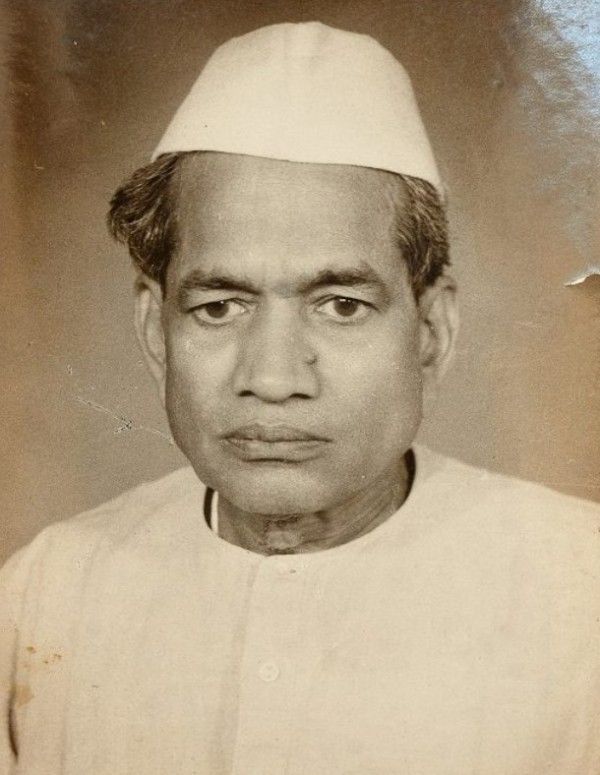 Sister- None |
| Other Relatives | Daughter-in-law- Shanti Devi Grandson- Ashish Gupt Great Grandaughter- Abhijita Gupt 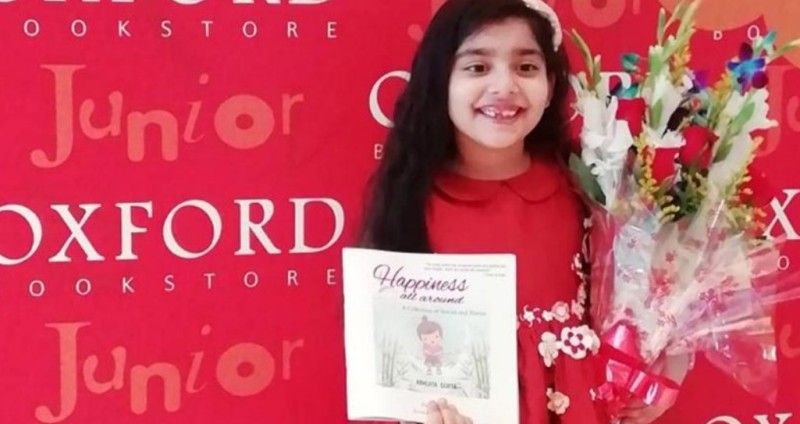 |
Some Lesser Known Facts About Maithili Sharan Gupt
- Maithili Sharan Gupt (1886-1964) was a renowned Indian nationalist poet with global recognition as Rashtra Kavi (National Poet) and received numerous accolades for his literary contributions. His academic prowess was showcased through his writings in the Khadi Boli dialect of Hindi, where he skillfully expressed patriotism in a simple language accessible to all. Gupt was an ardent supporter of the Indian National Congress and its endeavours to liberate India from British rule. Following India’s independence in 1947, he was twice appointed as a member of the Rajya Sabha (Upper House of Parliament).
- held a disdain for formal education, particularly the curriculum that was taught in schools during his time, hence his father arranged tuition at home. Alongside studying in school, he learnt Hindi, Bangla, and Sanskrit languages at his home from Ram Swarup Shastri and Durga Dutt Pant.
- Inspired by the renowned poet Munshi Ajmeri ‘Prem’, Maithili Sharan Gupt embarked on his poetic journey and began writing poems for various magazines.
- Among the magazines that he contributed to was Hazari Prasad Dwivedi’s Saraswati. It was in Saraswati that Gupt found a mentor in Dwivedi, who guided and mentored him in writing in the Khadi Boli dialect of the Hindi language. Dwivedi emphasized the use of powerful words and words of Hindi origin, enabling Gupt to further develop his poetic style and effectively convey his ideas and emotions.
- In 1910, Maithili Sharan Gupt’s first significant work, titled ‘Rang mein Bhang,’ was published by the Indian Press in Prayagraj (then known as Allahabad).
- Throughout his literary career, Maithili Sharan Gupt explored various themes in his poetry, showcasing his versatility and depth of expression. He wrote about the lives of spiritual gurus, social issues including women empowerment, historical characters and events, communalism, and patriotism.
- His deep admiration for the Hindu epics Ramayana and Mahabharata is evident in his poetic creations. One of his notable works is ‘Jayadrath Vadh’ (The Killing of Jayadratha), published in 1910, which portrays the dramatic episode from the Mahabharata where Arjuna seeks revenge for the death of his son Abhimanyu by slaying Jayadratha.
- Another significant work by Gupt is ‘Saket,’ published in 1931. This collection revolves around the character of Urmila, the wife of Lakshmana, from the epic Ramayana in which Gupt explores Urmila’s emotions, sacrifices, and her unwavering devotion to her husband during his exile.
- He went on to write several renowned books, including ‘Plassey ka Yuddha,’ ‘Yashodhara,’ ‘Bharat-Bharati,’ ‘Manushyata,’ and ‘Panchavati.’
- He frequently convened meetings with fellow renowned poets of his time, such as Mahavir Prasad Dwivedi in 1911 in Allahabad and Jaishankar Prasad in 1914 in Kashi (now Varanasi).
- In 1920, he founded Sahitya Sadan Press, which eventually became the authorized distributor for his own works as well as the works of his younger brother Siya Ram Saran Gupt and Mahadevi Varma.
- One of his popular poetic lines that resonates with many is: ‘Jo Bhara Nahi Hai Bhavo se, Behti Jisme Rasdhar Nahi, Vo Hriday Nahi Hai, Jisko Swadesh Se Pyar Nahi.’
- His poetry is characterized by non-rhyming couplets written in the Khadi Boli dialect. While these couplets may not follow the conventional patterns of rhyming, they possess a distinct rhythm created through the effective use of alliterations.
- The interplay between consonants and vowels within the verses adds to the captivating rhythm, creating a melodic quality in the composition.
- He had the opportunity to meet and interact with prominent political leaders of the Independence movement, who were greatly impressed by his patriotic poems. Among these leaders were Mahatma Gandhi, whom he met in 1918 in Indore, Dr Rajendra Prasad, whom he met in 1926 in Allahabad (now-Prayagraj), and Jawaharlal Nehru, whom he met in 1929 in Prayagraj. In 1940, he extended a warm welcome to Netaji Subhash Chandra Bose when he visited his village, Chirgaon.
- In a significant moment of recognition, on 5 April 1932, Maithili Sharan Gupt received a letter from Mahatma Gandhi himself, praising his renowned work ‘Saket.’ The admiration for his literary contributions grew even further in 1936 when Mahatma Gandhi officially bestowed upon him the title of Rashtra Kavi (National Poet) during a ceremony held in Kashi (now Varanasi).
- On 12 March 1952, he was appointed as a member of the Rajya Sabha, the upper house of the Indian Parliament. Recognizing his contributions to literature and his deep understanding of national issues, he was appointed for a second term in the Rajya Sabha in 1958; however, he left the Rajya Sabha on 12 March 1963.
- During various stages of his life, he actively participated in the Indian Independence Movement. In the pursuit of India’s independence, he faced imprisonment, and on 16 April 1941, he found himself incarcerated in the Agra Jail. It was during his time in confinement that he had the opportunity to meet Acharya Narendra Dev, a prominent figure in the Indian freedom struggle.
- He had a fondness for Bundelkhandi cuisine, and to ensure his culinary preferences were met during his travels, he had a dedicated cook named Girdhari who accompanied him on his journeys. He also had a unique habit of having his dinner before 6 pm in the evening.
- Despite belonging to a traditionally affluent family, Maithili Sharan Gupt’s father had experienced a significant loss of wealth prior to his birth.
- There is an interesting story behind his name. Originally named Mithiladhip Nandansharan Gupt, his birthname proved to be quite lengthy and cumbersome for his teachers to write in the attendance register at school. Consequently, his name was shortened to Maithili Sharan Gupt to make it more manageable and easier to record.
References/Sources:

